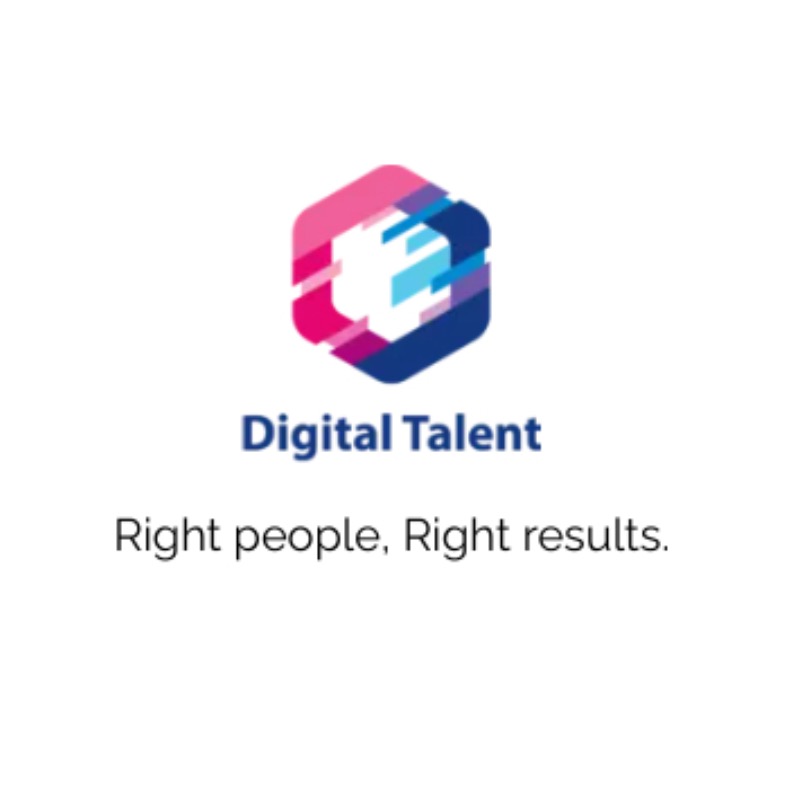A Data Lead is a professional responsible for overseeing and managing data-related activities within an organization. Their primary role is to ensure the efficient and effective use of data for decision-making, strategic planning, and operational processes.
- Data Strategy and Planning: Develop and implement a comprehensive data strategy aligned with the organization's goals and objectives. This involves understanding business needs, identifying data requirements, and defining data governance policies and procedures.
- Data Management: Establish and maintain data management frameworks, including data quality standards, data integration processes, and data security protocols. Ensure data integrity, accuracy, and consistency across various systems and databases.
- Data Analytics and Insights: Collaborate with stakeholders to identify key performance indicators (KPIs) and develop data analytics frameworks to measure and track business performance. Provide valuable insights and recommendations based on data analysis to support decision-making processes.
- Data Governance and Compliance: Define and enforce data governance policies and procedures to ensure data privacy, security, and compliance with relevant regulations (e.g., GDPR, CCPA). Implement data retention and disposal policies as necessary.
- Team Leadership: Lead and manage a team of data professionals, including data analysts, data engineers, and data scientists. Provide guidance, support, and mentorship to promote their professional growth and ensure the successful execution of data initiatives.
- Stakeholder Collaboration: Collaborate with cross-functional teams, such as IT, marketing, finance, and operations, to understand their data needs and requirements. Foster strong relationships with stakeholders to align data initiatives with business objectives effectively.
- Data Infrastructure and Technology: Assess, select, and implement appropriate data management tools, technologies, and infrastructure to support data initiatives. Stay updated with emerging trends and advancements in data-related technologies and recommend their adoption as relevant.
- Continuous Improvement: Identify opportunities to optimize data processes, workflows, and systems. Drive continuous improvement initiatives to enhance data quality, accuracy, and efficiency.
- Communication and Reporting: Present data-related insights, findings, and recommendations to senior management and other stakeholders in a clear and concise manner. Prepare regular reports and dashboards to track and communicate data-related metrics and progress.
In summary, a Data Lead plays a critical role in ensuring the effective use of data within an organization. They focus on developing and implementing data strategies, managing data processes and systems, analyzing data to derive insights, ensuring data governance and compliance, leading a team of data professionals, and collaborating with stakeholders across the organization.

 Full-time
Full-time Cairo, Cairo Governorate, Egypt
Cairo, Cairo Governorate, Egypt